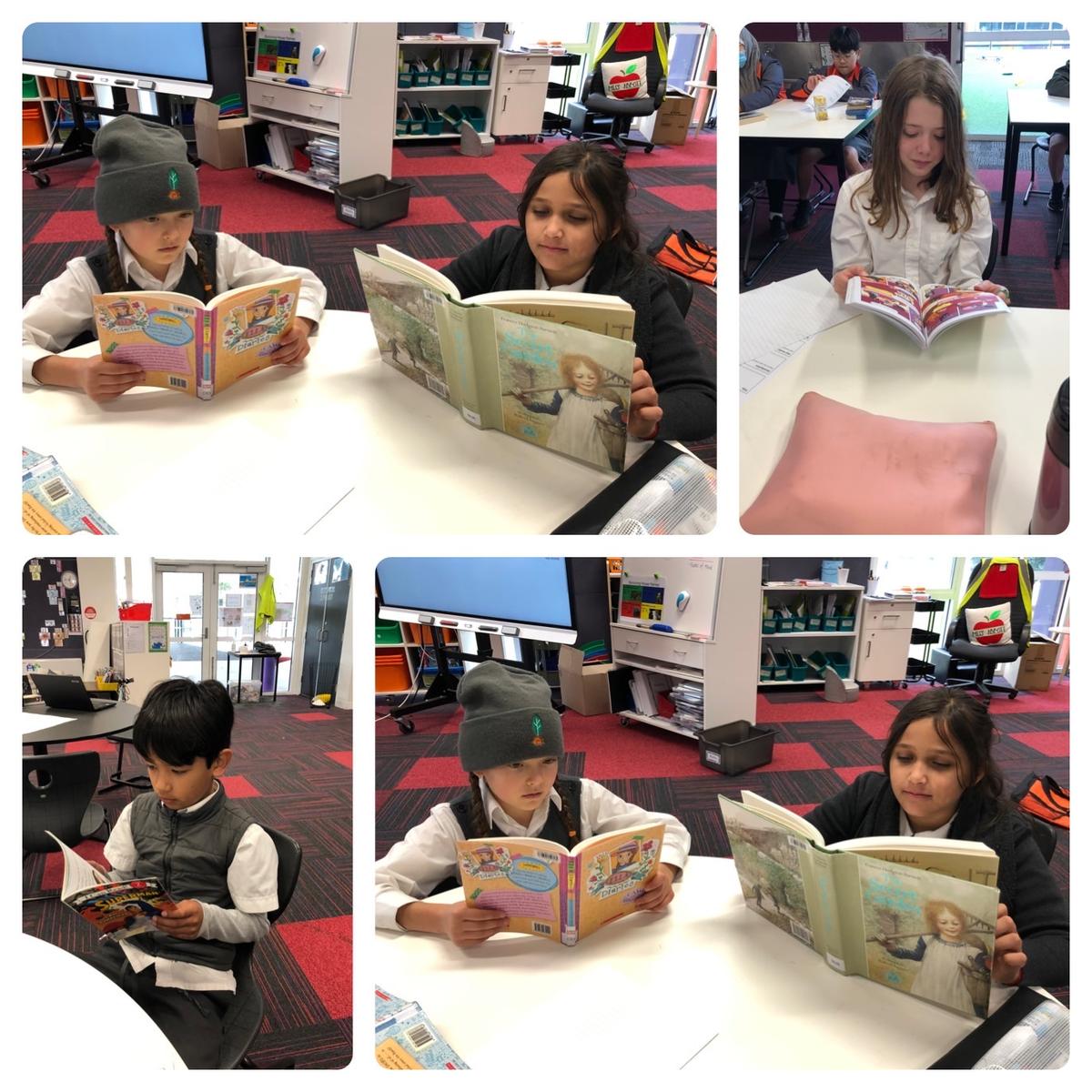Literacy and Numeracy News
BE INVOLVED, BE CONNECTED

Literacy and Numeracy News
BE INVOLVED, BE CONNECTED


Parents play an integral role in the education of their children. Much of what children learn takes place through everyday experiences at home. Children’s literacy and numeracy development can be improved when parents encourage learning through everyday activities. This can look like:
It is important to teach our kids to be thoughtful about the information and stories they read. Each time you read something you bring your personal experiences, thoughts, and beliefs to understand the text. This can make your reading experience very different from someone else.
As you read the book, you can help your child notice:


– the kinds of images that are used
– the words used to describe the topic
– the title, subtitle and headings (as applicable)
You can ask your child questions like:
Help your child determine whether their main idea about the text is most important to them, to the author, or both. What your child thinks is the most important idea and what the author thinks is the most important idea may not always be the same.
In order to help your child identify the author’s message, you can ask them to do the following:
You can ask your child questions like:


Johanne Abbott | Literacy Leader